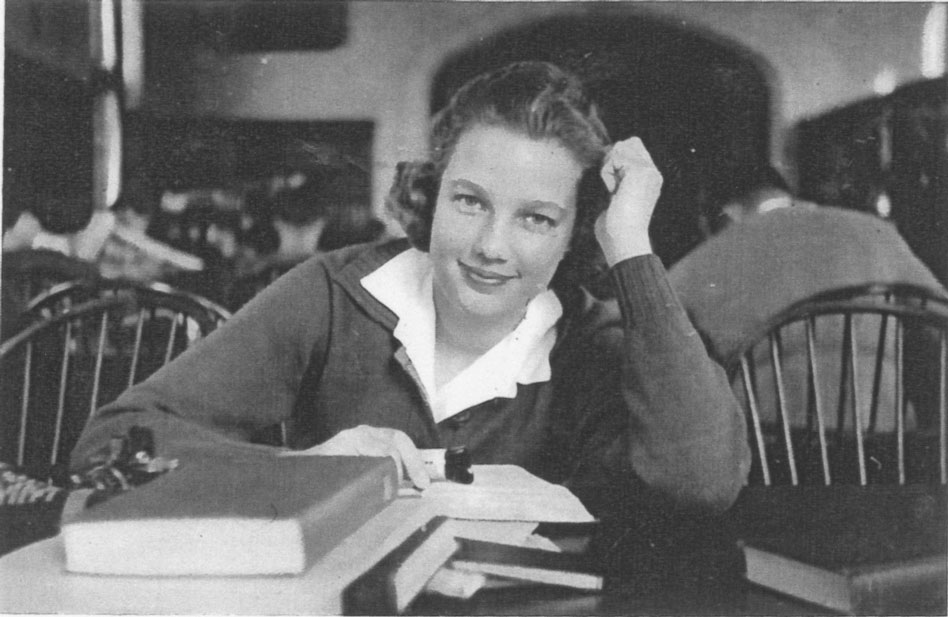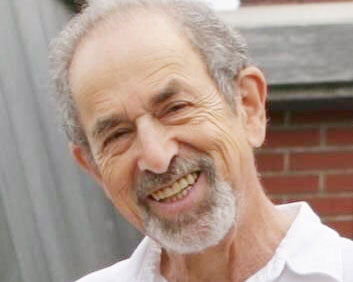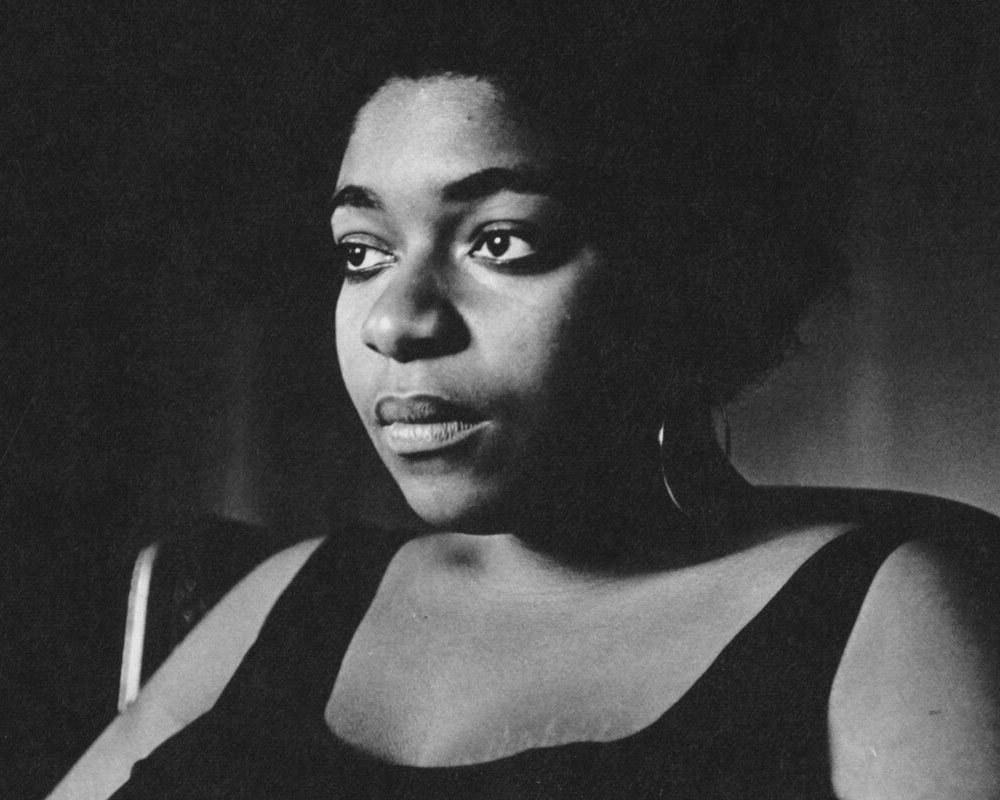Ruth Wetterborg Sandvik ’38

“Reed taught me how to get along with people,” Ruth said of her alma mater. “That was always my aim and ambition: to be a person would could work with different kinds of people successfully.”
She was born in Grants Pass, Oregon, to Hermann and Vesta Wetterborg, and moved to Portland after her father got a job with Portland Electric Power Company. By the time Ruth and her sister, Betty Wetterborg Cronyn ’41 (wife of Prof. Marshall Cronyn ’40 [chemistry 1952–89]), got to Reed, it had already acquired the unofficial motto “Communism, Atheism, Free Love.”
“I figured Reed was atheistic because the founder, Amanda Reed, was a Unitarian and people thought that was atheistic,” Ruth said. “It was communistic because we were taught how to think at Reed. Now where I got the idea that communists thought, I don’t know. And then, free love. I always enjoyed saying, ‘I didn’t get any.’ But that’s what we knew about Reed when we first started.”
She thrived in the seminars and said that her Reed education enabled her to feel equal to anybody in the world. “I wouldn’t feel badly if I had to talk to the president of the United States,” she said in an interview with Cricket Parmalee ’67 in 2003. “Just the other day I carried that one step further. Now I’m trying to tell the president of the United States what to do. I sent him a message not to start the war in Iraq. But he didn’t listen to me.”
It was said when Ruth was at Reed that for every girl on campus there were seven boys. “But we said six didn’t count because they were buried their books,” she jested.
An interdisciplinary major in literature and history, Ruth wrote her thesis on British poet Matthew Arnold with Prof. Rex Arragon [history 1923–1962]. After Reed, she got a job at the new Jane Addams High School for Girls in Portland teaching grammar. After two years, she began teaching at a tiny high school in the mountain community of Odell, Oregon. After a year, she soured on the job and took a position with the telephone company in Portland.
A childhood friend, Alice Foster Longworth, phoned from Petersburg, Alaska, to tell Ruth about a job at a local junior high school. Ruth took it. She and Alice remained lifelong friends, cohosting a radio show on the local FM station.
Ruth married a “bashful Norwegian fisherman,” Oscar Sandvik, and the couple had three children, Neil, Mark, and Diane. She taught school until her first son was born in 1945, and returned to teaching in the 1960s. The superintendent of schools offered her the job of high-school librarian on the condition that Ruth get a degree in library science. Continuing to teach, she picked up her degree from the University of Portland in four summers and worked as librarian until she retired in 1981. Her predilection for violet attire earned her the moniker the Purple Librarian. It was a job she loved. “It was just in my nature,” she said. “I love to put things in order.”
Ruth also became a seasoned sailor, working with Oscar and her sons on his halibut boat, the Munroe. Oscar died in 1969.
Ruth was active in many Petersburg organizations. During World War II she watched for Japanese war planes atop the school gymnasium. She was a founder of KFSK public radio station, also serving as its president. She served on the library board and performed decades of public service in many spheres, including the Arts Council, the Civic Improvement Council, the Garden Club, the VFW Auxiliary, and the Clausen Museum.
While getting her library of science degree, she took a calligraphy class from Prof. Lloyd Reynolds [art 1929–69]. For years, Ruth taught calligraphy in Petersburg through the University of Alaska–Juneau.
She had a quest for inspirational knowledge, and when she happened on a book that spoke to her, she would buy multiple copies to send to friends. Well into her 90s she maintained a fitness regimen that included swimming, walking, and tai chi. Ruth lived in her home on Second Street for 70 years, before moving to an assisted living residence with a view of her beloved Devil’s Thumb mountain. After fracturing her hip in Petersburg, Ruth was medevaced to Swedish Hospital in Seattle. Following a hip operation, she suffered a stroke and died surrounded by family.
Appeared in Reed magazine: March 2017





![Photo of Prof. Marvin Levich [philosophy 1953–94]](https://www.reed.edu/reed-magazine/in-memoriam/assets/images/2022/LTL-levich1.jpg)
![Photo of President Paul E. Bragdon [1971–88]](https://www.reed.edu/reed-magazine/in-memoriam/assets/images/2020/Bragdon.jpg)
![Photo of Prof. Edward Barton Segel [history 1973–2011]](https://www.reed.edu/reed-magazine/in-memoriam/assets/images/2020/Segel.jpg)








































































